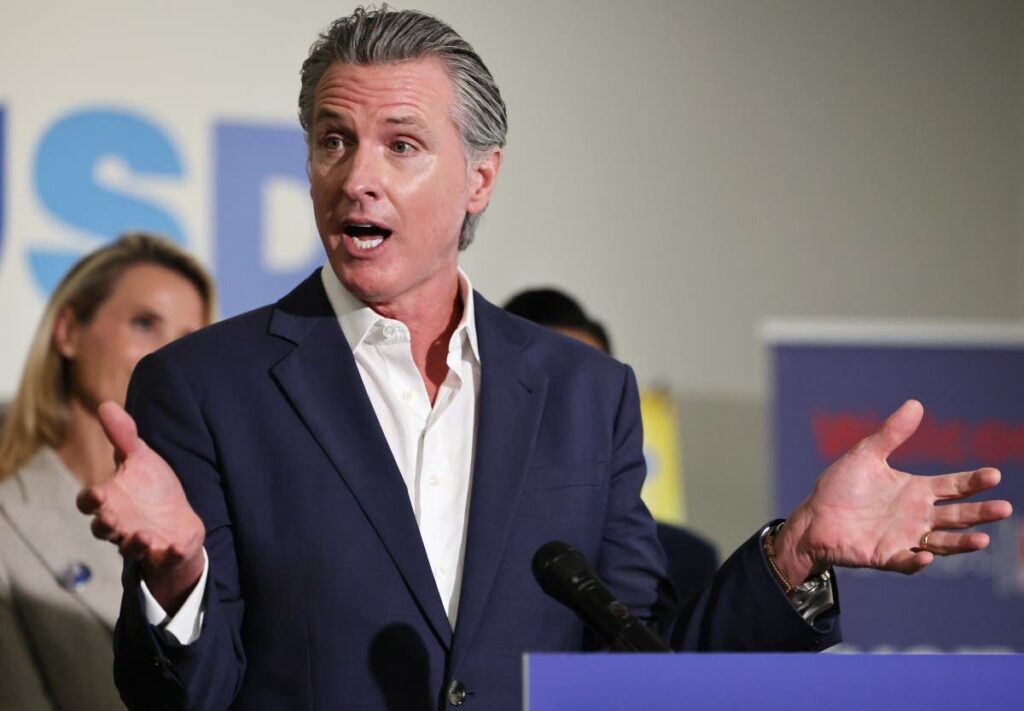California Governor Gavin Newsom has vetoed a bill aimed at allowing universities to give the descendants of slaves special consideration in admissions, saying it was unnecessary as colleges already have the authority to do that.
Why It Matters
The veto will be seen as a setback on the issue of reparations, or efforts to atone for a legacy of slavery and discrimination, and it comes as the administration of President Donald Trump has taken steps to end diversity, equity and inclusion (DEI) efforts in both the public and private sectors.
The Trump administration has also launched an unprecedented campaign to extract financial commitments and policy concessions from some of America’s top universities, freezing billions in federal research funding over allegations of antisemitism, DEI violations and civil rights infractions.
What To Know
The Postsecondary Education: Admissions Preference: Descendants of Slavery Bill was put forward by Democratic assemblymember Isaac Bryan and would have allowed but not required institutions to give preference to descendants of slavery.
Newsom said in a statement that the bill sought to clarify that California’s educational institutions may consider providing a preference in admission to an applicant who was a descendant of a slave, which was not needed.
“These institutions already have the authority to determine whether to provide admissions preferences like this one, and accordingly, this bill is unnecessary,” he said.
Newsom said he encouraged educational institutions to “review and determine how, when, and if this type of preference can be adopted.”
The bill was among several aimed at advancing the cause of reparations that Newsom vetoed on Monday. Others included one focused on access to housing, one on restitution for property wrongfully taken, and another on business licenses.
Newsom said the vetoed bills were either unworkable or legally questionable or would strain state resources.
The author of the college admissions bill, Bryan, said in a statement the veto was “more than disappointing,” and students descended from slavery needed help.
But critics said the bill would have violated Proposition 209, which was passed in 1996 and prohibits the state’s public universities from considering ethnicity in admissions, and a 2023 ruling by the U.S. Supreme Court against race-based affirmative action.
What People Are Saying
Democratic Assemblymember Isaac Bryan said in a statement: “While the Trump administration threatens our institutions of higher learning and attacks the foundations of diversity and inclusivity, now is not the time to shy away from the fight to protect students who have descended from legacies of harm and exclusion.”
Read the full article here
